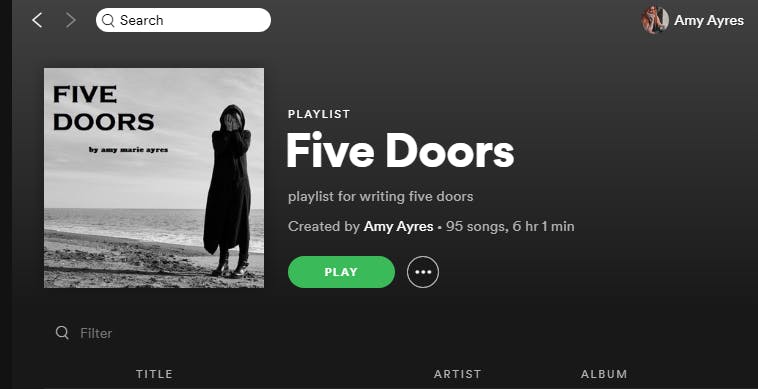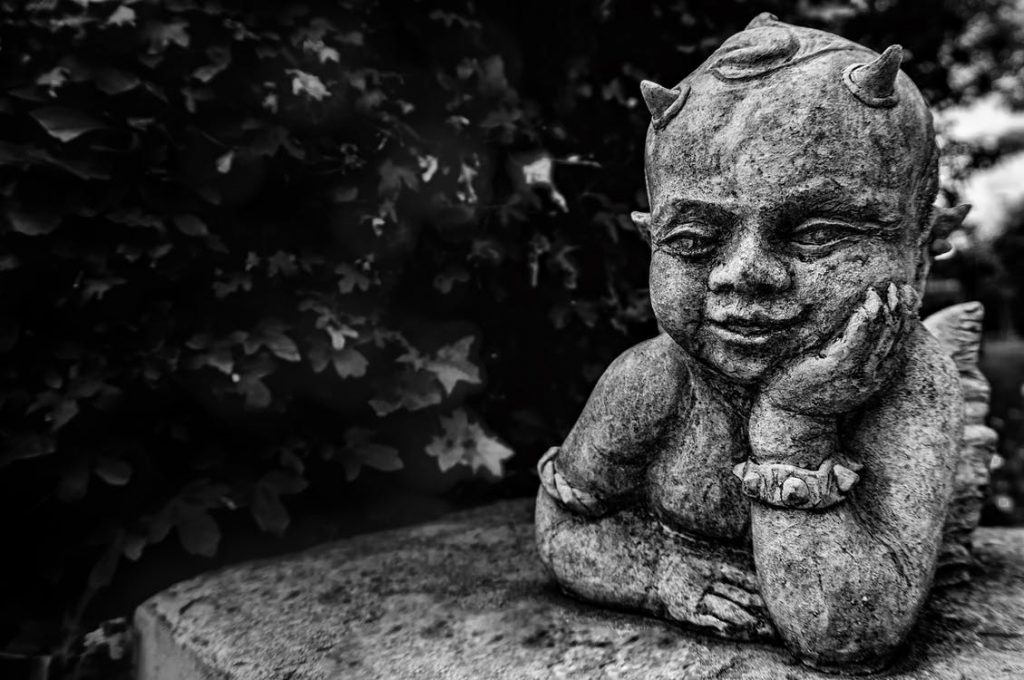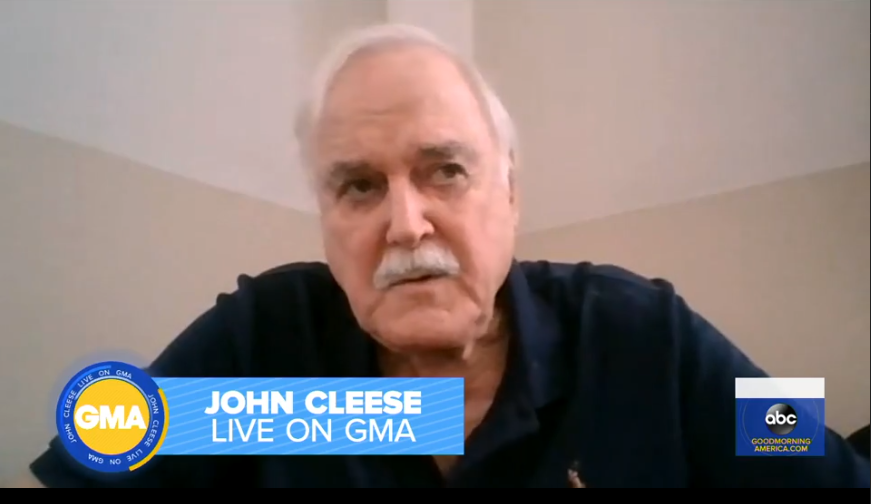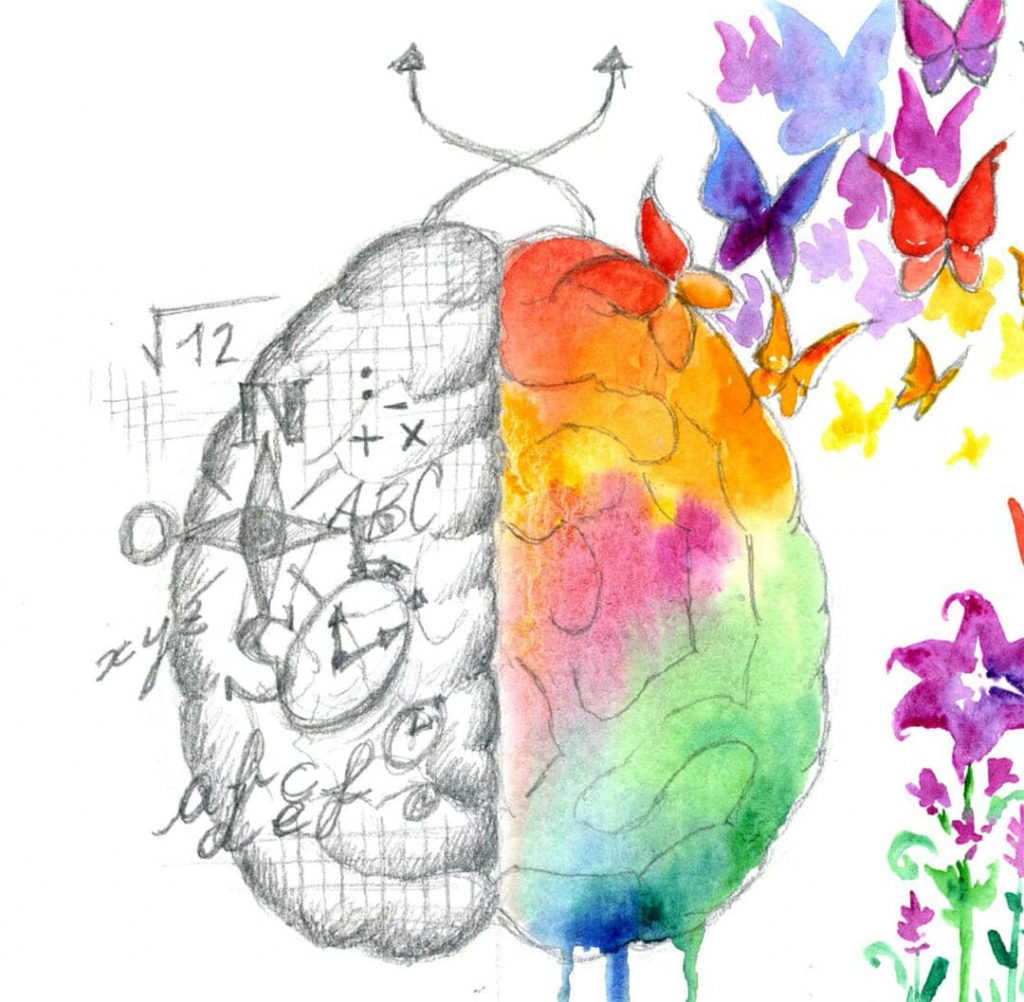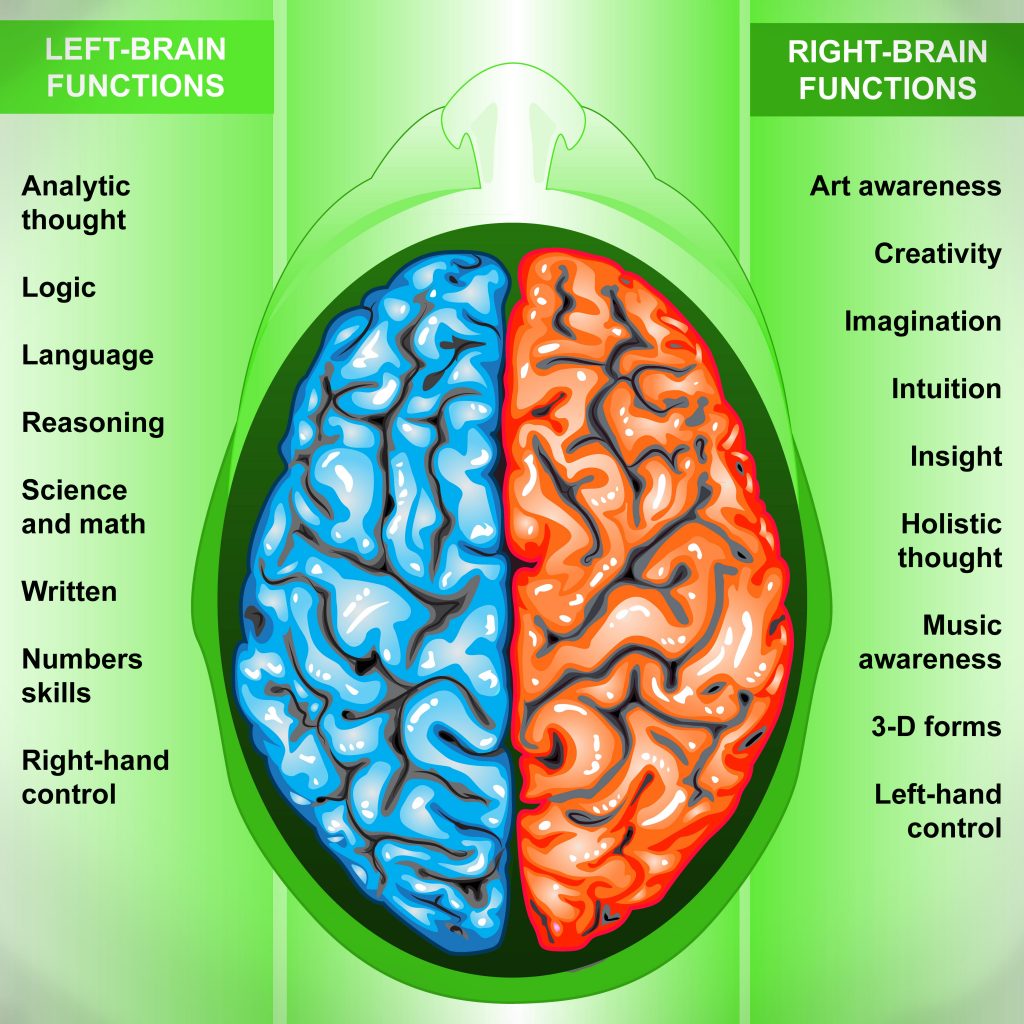A question I would ask if someone didn’t already:
Why are you making so many changes without engaging the community?
Check out their super crappy answer:
First and foremost, not all of our community engagement has been visible. We’ve had scores of conversations, email interactions, and volleyed messages with community members using other media. We’ve trawled forum threads at length and taken down suggestions. We’ve sent surveys and reviewed the data. We’ve received suggestions forwarded by the Board. Even though we have yet to hold anything like a town hall meeting, a tremendous amount of feedback has been received and taken into account.
With that said, much of this early work has been our work to do, changes we knew we had to make, and ones that (frankly) did not require community input. For example, we are in the final contracting stages with ID.me for both volunteer identity verification and for teacher/educator verification on the YWP website side. We have already tested three separate criminal background checking services with international capabilities and we’re looking at a fourth. Background checks were something we decided (and announced) in November and it was our role to perform budget planning and to do our due diligence around vendor selection.
Additionally, we retained new counsel and have gone through legal review of our policies and procedures. We’ve updated our Terms and Conditions and our Codes of Conduct on our site and a Privacy Policy update is in the works. We worked with our attorney to update the Municipal Liaison agreement and to develop a separate agreement for other volunteers. We also rewrote our employee handbook (as the Board noted in November, certain staff practices needed attention). On the tech side, we worked with our internal team to roadmap more than 20 back-end changes that are needed to support new community safety and security backstops. And we handled several personnel issues.
The inner workings of the program certainly need input from our community and we are on the brink of soliciting more, but there was plenty for us to do internally, things that serve as the foundation of our program moving forward.
Lies upon lies.
Today I just deleted my account. That account has been active since 2015, but I’ve been doing the Nov events and sometimes camp, for a lot longer.
I’m 41 years old. Come November, I will be 42. Depending on who you are and maybe where you hail from, and potentially how old YOU are, this might not seem old to you. Or it might seem ancient.
Fair enough, either way. I’ve always looked young for my age. So, it’s always an interesting conversation, (whether in a get-to-know-you sesh, or job interview, or in line at the liquor store). I always eventually comes to light that I am much older than the other person had initially assumed.
These days I look (at least) 21. (I hope) so that’s less carding. I was born in the 1900’s so it’s easy to just glance at my driver’s license. But otherwise, until I became a Mom and started carting my toddler almost everywhere, it could be safely assumed I was a college-kid. You see, not only do I have a forever-baby face, but I also have youthful hobbies.
One of them is participating every year in “NaNoWriMo.” If you don’t know about them, please read this bootlicking essay I wrote for them years back, mere moments before COVID happened, when I was attempting to generate fervor for them as I noticed they were falling out of favor.
I know. Sorry. Things were somewhat normal back then.
And what did I get for my efforts?
Part I: What’s Going On?
Lately, I feel like someone, somewhere, who has taken my money either through fundraising efforts, merch, etc., is sitting in a San Francisco office trying to decide if someone as old as I am, who is just so #blessed to live in a Podunk Pennsylvania town (sorry, I was born here and am suckered into moving back somehow every ten years)…gets to have a local hobby and local writer friends.
Of course, they would balk at this, but it is exactly what’s happened. I needed to walk away from something that became very important to me. I didn’t want to waffle about it any longer. But that annoys me since I spent many years waffling only for it to come to this.
Cool, huh. I was loyal to them and they stiffed me. Sad thing is, I didn’t even do as much for them as other people I know. People who were the backbone for many years. Some who waited in the wings to be the backbone and barely got their chance before things went immediately south.
I thought about becoming the backbone, but then I was immediately pregnant. And because of the level of commitment I knew the role required, despite it being a VOLUNTEER OPPORTUNITY, I shuddered to think of how terrible I would have been as an ML. Why? Because it required a level of commitment that I don’t think I ever had in my bones.
People want to pretend that MLs were essentially worthless, that anyone could do the job and probably better. The website even has a new feedback form where you can now tattle I mean share information about your MLs and it’s quite leading.
I know for a fact that the job was difficult. That’s why I never volunteered.
And that’s the thing. It never should have been that difficult of a job, where I would be relieved that someone else stepped up if I was in charge. Or just looking for an excuse to quit because I had been treated so poorly by HQ.
Ultimately, the relief that I would feel deep down for never becoming an ML is that somehow, I knew who ever took the job was being scammed out of their time and money. And, I’m sorry, but it looks like a lot of work to not make a single cent.
“But Amy, they are a nonprofit and bleh bleh bleh.”
To that I say: exactly.
Just like churches who don’t pay their taxes and find themselves in similar legal troubles. It’s a scam with a pretty bow on it.
They want volunteers who want to do it for the fun of it or love of it, or worship of the organization and will take on any flak and frankly abuse as part of the nature of being a volunteer. And the only way you can convince someone that’s true is if they already have a sort of beaten-down Christian mentality, which is what I’ve seen rise to the surface in the last few years, and it’s gross.
Was it always this way? Who knows. Did they do a good job of pretending it wasn’t for well over a decade? Oh YEAH.
Part II: The Hobby:
But let’s retreat back to my other point about being a writer who needs an outdoor hobby. A hobby where I can GASP take my writing outside of my house and commune with other writers who want to do the same thing. DOUBLE GASP.
Big deal, right? Well you say that not knowing all of the things I consider before I leave my house to participate in said hobby these days.
Am I feeling sick? Is my two year old daughter safely taken care of? Do I have enough snacks on my person, gas in my tank, is the weather suitable, do I have my glasses for my night-blindness, how well do I know the people I am meeting up with or will I get my standard neurodivergent/introvert-jitters and talk to much or too little? Will I be weird and make too much or too little eye contact over the brim of my laptop. Do I have a laptop? Is it charged? Is it too big for constant transit? Should I buy a new one? Do I have a good-sized bag with my notebook, pens, and room for inevitable Nano goodies? Should I buy coffee or not? Where is my giant water mug?
All just to silently write in a library, cafe, bookstore, etc. while I sip said coffee and eat snacks and barely socialize with the people I’m there to socialize with.
“But Amy, just go to a Starbucks and do that.”
Sure, yeah, Starbucks. Go to a Starbucks and write when I could just write from my living room couch.
Part III: The Weird Rules:
I remember the face of Nano from years back, the dude with glasses smiling with an anything-goes attitude. A big thumbs up. You know the guy. The guy who greenlit the mascot to be a giant stuffed animal. Yeah, that guy. This isn’t his fault, I’m sure, but he was the face of the organization for so long, it feels like NaNoWriMo is synonymous with his face.
Where did he go?
But now that seems like years ago.
Also where did the other people go who used to lead the write-ins and so forth?
And that chick they hired a couple years back who was all over their social channels and now doesn’t do that anymore? Hmm.
***
I wanna do some quick math you guys. Sorry, I know writers and math, yuck!
24-12 is 12. Okay? So that means that 2012 was 12 years ago.
So that means when I first learned about NanoWriMo I was roughly 30.
Take your age and subtract 12 from it. 30- 12 is 18, 18-12 is 6, Good. 12-12 is 0.
When you first learned about Nano how old were you?
Was it around its inception (1999) or much later?
Were you even born before its inception?
Were you even born 12 years after its inception?
Did you find it on your own or were you recruited by someone else?
Do you get where I’m going with this? Was Nano supposed to be a passing fad for some of us? Were we supposed to do it EVERY YEAR for as long as we wanted to or were we supposed to find it silly and stop at some point?
Was it always supposed to be for young kids?
Was it not always supposed to be for young kids?
Was it supposed to be for adults and young kids together?
What were they doing?
If you read the article above that I wrote 4 years ago (when I was roughly 38), you might have found that I wrote some cringe-worthy things about how Nano is “not just for kids!” and when I wrote that, I meant it.
In fact, hear me out, despite knowing about the Young Writer’s Program, and as an educator who subsequently never participated in it (too busy) I assumed, blindly, that was the only way that kids participated.
In their classrooms with their teacher’s curriculum. As that was the deal with YWP.
I had NO IDEA that kids were doing Nano on their own, and using the forums, etc. (And joining the 18+ discords. Yikes.)
NONE.
And most of the people I knew who participated were either my age or MUCH OLDER THAN ME. AND YET, I found that Nano was being billed, increasingly as something for kids, or if not “kids” people of a youthful age bracket. Maybe people in high school or just fresh out.
It seemed “college freshman” was the key demographic. Until it wasn’t.
Or maybe like me, they were old, but looked young? GIANT SHRUG.
***
What can I do? Assume people are old when they aren’t? Young when they aren’t? All I can do is just put my head down and write.
Now they expect the MLs to do this. MLs who were bringing their own children to events. Okay so they aren’t in the forums, but they are in an even more precarious position of being in the same room as a pedophile, and yet there were no protections against this. Which I also did not know when I brought my daughter to an event.
***
Which is what makes the online stuff increasingly more difficult and icky to participate in. Just because I didn’t want to hang out with kids. I didn’t want to answer Quora-style questions about writing and I didn’t want to compete with children for wordcount.
That alone feels weird, you know? Clearly I have the skills and a bit of an edge writing for 15 years or more than someone who was just starting out. What kind of a competition is that? I know that sounds rude and dismissive, but there is a time and place for that sort of thing and it’s not at a random library full of strangers.
And sorry, As I said I was in my 30s at the time when I decided that I only wanted to interact with other adult writers. I wrote 4 books and won Nano 3 times and was ready to move onto next steps.
I wanted to meet other WRITING PROFESSIONALS.
Part IV: The People
And I stupidly assumed that WRITING PROFESSIONALS were the ones capable of writing 50K words in a month and then publishing them. BECAUSE THAT WAS PART OF THE DEAL WITH THE “WHAT’S NEXT” HEADLINE ON THE WEBSITE.
As I said, there is a time and place for kids to learn how to write well or at least learn about writing a significant amount in a short time. But it isn’t in an 18+ discord, an online forum, or an in-person writing event for ADULTS who are trying to publish. For real.
I mean, DUH.
I’m sorry but that was another thing I just assumed going in. I knew about the YWP and thought that was what it was for, keeping kiddos in their lane. Or not even that harsh, just simply, letting them have their own safe space, or even making them aware of their own separate affiliation of something I assumed they were NOT ALLOWED TO PARTICIPATE IN.
Not to be reverse agist or anything, but this is what is supposed to keep these situations from happening, isn’t it?
***
But despite all of Nano’s weird rules about who can share information and what information is shared there were no rules around any of that. And no background checks. Which is why I (as of 2021), and others, sometimes were in a position to bring their own children, either in an effort to show up and participate or, sue me to introduce my writing friends to my new baby.
So, then one day there was supposedly a rule about that in which many people broke inadvertently. Which makes sense but also doesn’t. It feels like punishing the people who did nothing wrong except being a busy ML and having a kid. When other more nefarious people are the ones showing up to interact with said children. Yuck.
***
But NaNoWriMo just ignored making rules about these things and were super strict with other things calling you a “rebel” if you did your own thing like god forbid using the wordcount to finish a novel you had already started instead of starting fresh.
I’m going to say it here and now, if you know anything about the industry and word count requirements for publishing (No thanks to NaNo), 50K words is not a novel. It’s a novella. You can self-publish a 50K word novella, sure, but good luck getting an agent to rep one.
I’m sure now that I’ve said that, it’ll magically become possible, because that’s also how the industry seems to work. But for years 50K was NaNo’s model and it was not an industry standard.
The wordcount is a dumb idea, and I honestly don’t understand people who cling to that specific amount. Why not 40K? Or Why not 60K or or 70K which is still on the lower end of industry standard wordcounts.
But you see if we take that one stupid rule away the whole stack of cards fall. They’ve lost their edge where they’ve absolutely cornered the market, monopolizing people’s minds through the entirety of November.
But then once COVID happened, things started to feel even more shady. There were rules around even weirder things suddenly. Things that felt like, even as an adult, I was being corralled like an ornery cat when I wanted to just be myself and do things my own way.
Like, I wanted the sessions to not just simply revolve around word counts. Maybe we could all socialize more? Maybe we could do more events that were, Idk, event-y? There was some of that, but all of that weirdly started to dwindle post-COVID. And then talking about events became a no-no. Which was the weirdest thing of all.
Part V: COVID
COVID was used as an excuse it seemed to make the events even less social than they were in the past. Or completely derail them.
Like, I’m an introvert, people. I get it. And I was very pro-“let’s all stay safe during this unprecedented time.” But end of the day, once things got “better,” if you got me to get dressed and leave my house after months of waiting for events to open back up, I want it to feel like it wasn’t a silly waste of time.
And if there is a calendar full of events post-COVID, I’m going to expect that people are going to show up.
And I wonder how much socializing would have occurred last year if there weren’t so many weird, unspoken Nano rules. As odd as it is, but common decency is just an unspoken human rule that isn’t Nano-exclusive. In fact, I felt just like I had no idea what was going on behind the scenes because much effort was being made to keep me and others in the dark and to carry on.
And the rules for users were to just be a decent person and not be mean and ask questions.
But if you need rules to be a decent person, I mean, what are you even doing here? Which like I said earlier, made me wonder why I even bothered leaving my house at the time. I wonder if it was more social it wouldn’t bore adults to tears and more would show up. Still the numbers dwindle and it’s “All the ML’s fault”
Bullshit.
Part VI: It Wasn’t Their Fault.
NaNo’s expectations of volunteers was way too high and the expectations are only increasing. You need to be involved with an organization that has your back, and isn’t operating under an old model of having no idea what they are doing and winging it.
Not to mention what I now call “the legacy of secrecy,” of wanting to keep things hush hush for as long as possible, and putting that burden purely on the MLs. “Shhh don’t talk about anything real and legitimate. Just carry on and do weird Nano-centric things so people are always reminded of what Nano stands for.”
Like, what exactly?
Stuffed animals? Stickers?
Maybe it’s just me though. But pretending to be incentivized by JUST stickers (I like stickers but, I like other stuff too) and candy was the hardest thing to stomach. That clearly wasn’t set up for someone like me. I was starting to feel like I was aging out of NaNoWriMo, and that sucked.
But I grinned and bared it because where is all the other local writing stuff?
Everything was dying off.
But then again, I shouldn’t feel like I am aging out of writing events initially created for adults, especially when many adults that showed at events were usually OLDER THAN ME.
What the hell was happening?
Part VII: Huh??:
But this is all convoluted and backwards. No kids allowed, but the events are set up for kid-like brains, who care more about candy and stickers than actual writer things like publishing help and networking.
It’s 18+ but we giggle over stupid bs like we’re at a Christian youth camp (!)
The site is going to be 18+, and the new ML agreement suggests that people at events “who are ‘minors passing as adults’ ???? should be asked to drop out.”
HUH????
So, wait a minute. Back all the *&^% way up. You’re saying that three kids in a trench coat passing as an adult came to an all ages event? Or people who look older than they are pretend to be 18+? What about people who look younger than they are? Are they passing as younger? What in the world is with that wording?
That doesn’t even make sense NaNo.
I’m not buying it.
Besides how the hell can one unpaid volunteer track that? Card people at the door? Imagine carding people so they can eat candy and win stickers.
Lunacy.
And yet more information starts to trickle in…
Part VIII: The Insider Intel and Immediate Coverup
Holy Hell. First off thank you reddit for leaking all of this new information. I was able to read ALL OF IT and really take it in despite its length. Although there are TL;Drs everywhere now.
I won’t be linking any of it because I don’t need that falling back on me, but wow.
Just …wow.
You might have read this entire thing wondering what sparked everything. The information is disgusting and is probably the deepest rabbit hole you’ve found in awhile.
What happened is awful and I am so sorry to the victims, but the issue stands that this organization has been flying under the radar with its crazy bs long before the events were leaked in November AND MOST PEOPLE HAD NO IDEA!
If you want to read more, check out r/HobbyDrama, and r/nanowrimo.
I’m done NaNoWriMo. I should have known when the really weird woman I tutored with told me about you. I thought you’d be cool like when you were NaPoWriMo.
Right no one knows what that is anymore. Too bad.
It was really cool.
(It’s since become a Writer’s Digest only thing and is during the month of April. Good for them.)
Just want to say thanks for all the garbled wordcount but no thanks for any other the other stuff I did on my own. The editing, the formatting, the industry research, the networking, etc. Finding adult spaces to interact with other adults.
(You really need to look in the mirror, Nano)
With Nano I worked on my projects only once a year and now I’m freed up to do them any month of the year I want. The entire year if I want.
I can take back control of my writing productivity instead of this weird wordcount Nazi bs. Or write in tropes I don’t gaf about. And I don’t need stickers to do it.
I don’t need to win, I already won.
And I can just write at a Starbucks without feeling weird about it.
I can go be an adult.

